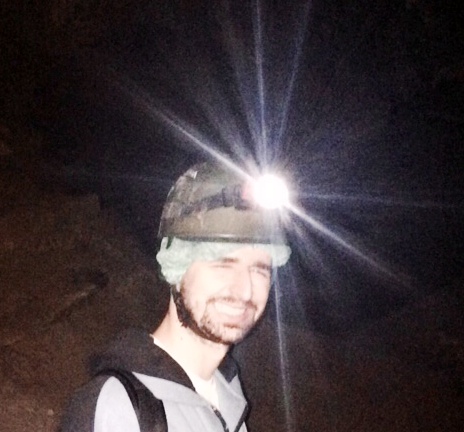Generalist or Specialist? Depends on your perspective
If you work in IT, have you ever stopped to think whether you are a generalist or a specialist? We often hear that our career in IT follows the "T shape," which means we all have a common base but should specialize in one or two subjects. However, if you consider yourself a specialist in a certain subject, how specialized are you?
For example, let's say you are a senior developer who programs in Ruby, uses Ruby on Rails, knows Node.js, and can deploy your own application on Linux servers. Are you specialized in application development? Isn't the specialist the person who wrote most of Ruby on Rails? Or are you a generalist in application development?
It's hard to distinguish; it really depends on how you see it. Allow me to confuse you even more.
Think about a penetration tester who conducts security tests on web applications. They do it for a living but don't code. Are they truly a specialist? I mean, to be good at penetration testing at the application layer, for example, you need software development skills. More specifically, skills in the technology that the test is targeting. So in this case, combining different skills makes you a better specialist than focusing on just one skill.
You may be wondering, as I did: does it even matter? Well, if you want to figure out what you want to become, it's a good reflection to have. So, which is better: being a generalist or a specialist?
Generalists tend to receive less compensation because they are not extremely skilled in one particular subject, but they have more chances of being employed as they have a broader skill set that can be useful in adapting to various situations. On the other hand, specialists tend to earn more because they are rarer, but their jobs are more susceptible to disappearing for multiple reasons.
In conclusion, what I've come to believe so far is that you should follow your own curiosity and learn what interests you the most. Since the IT market demands professionals of all kinds, it shouldn't be a problem. Following your curiosity allows you to learn more and develop better skills than forcing yourself to learn things that are less interesting to you. One way to put it is to find your own answer.
Follow what defines you best :)



